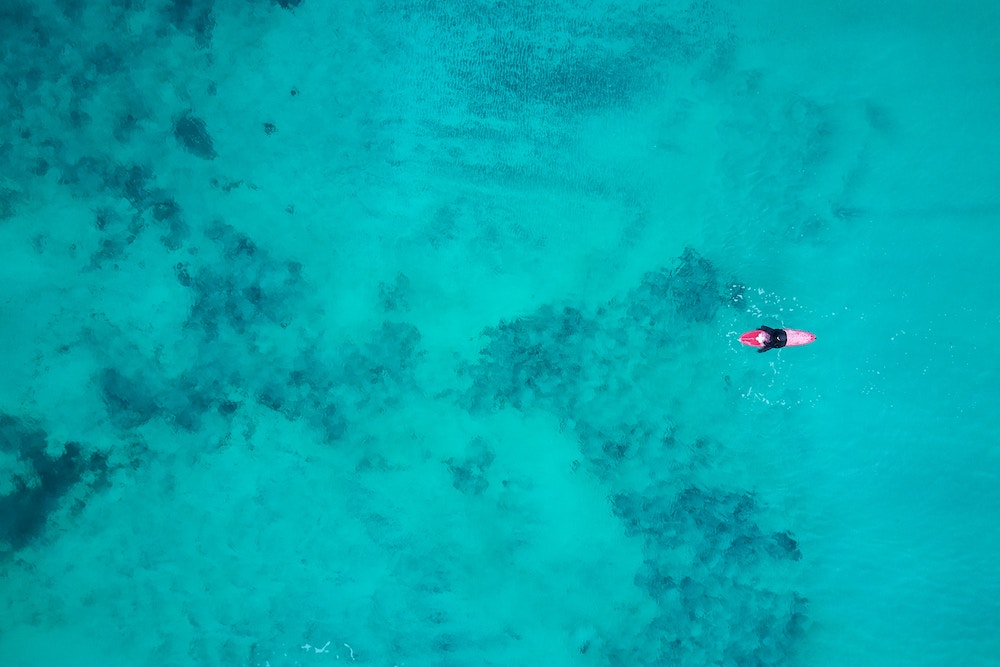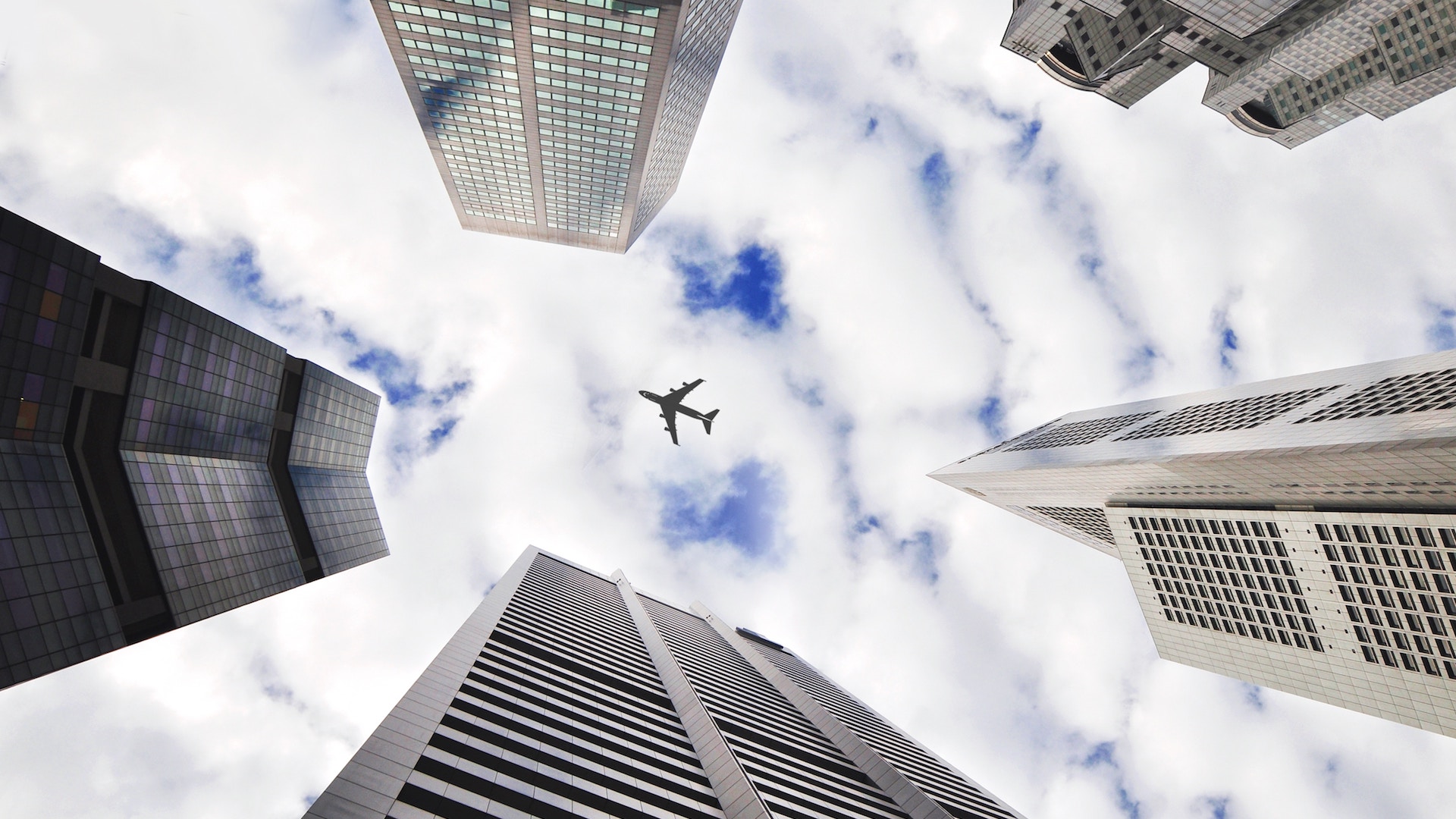
Photo by Johny Goerend on Unsplash
Taking a gap year in the United States, a work driven culture that believes in long hours and aggressive deadlines, takes a brave soul. Because you have to abandon your place in line up the ladder for an education not quantifiable by subject matter or validated with acronyms to attach to the end of your name upon completion.
It’s a geographical journey that quickly transforms into a personal one once you set foot from a life of predictable routine to one of newness with a make it work attitude.
Long term travel requires a lot of skills, some you may already possess and others that may need improving. Below are some skills that any gap year traveler can boast about on their resume to their future employer.
Patience is as patience does

Photo by whereslugo on Unsplash
This one is a bit of a no brainer when it comes to life lessons learned through travel, but it’s easy to forget when stressing about vernacular to dazzle a resume or what some stranger on the other side of a computer screen is going to think about your unconventional life choices.
It all takes patience to make it through with your head on straight and your wits intact. The longer you travel the more you acquire.
Communicate, Communicate, Communicate

Photo by Tim Stief on Unsplash
The ability to communicate is something needed in every aspect of our lives. The better you are at communicating, the easier it is to understand people around you and the easier it is to be understood.
Round the world travel includes multiple countries that often don’t speak the same language. Unless you are a skilled polyglot, you’re probably going to visit a country where you don’t know the language and the citizens of that country don’t know yours.
The need for a SIM card or medicine to make your stomach chill out or ordering a meal or checking into a hotel can transform a simple task into a daunting one when both parties in the conversation are speaking different languages.
Eye contact, paying attention to nonverbal clues, staying calm, maybe even a bit of charades, all aid in completing the task at hand. After a few similar situations, it starts to become apparent that respect, patience, and listening are the building blocks for all successful communication.
While you probably aren’t going to break into a game of charades in a board meeting, being able to read the room, listen, and start a conversation on someone else’s terms so that they’re more open to hearing yours is a pretty solid take away.
Adaptable Problem Solver
Trying to find tennis shoes in a women’s size 10 in South America proved to be a challenge to me when my original pair gave out after ten months of travel, bringing up memories of being a little too tall with feet a little too large. What did I do? I had to adapt and after a couple of days of trying on more men’s athletic shoes then I care to admit, finally found pair of comfortable shoes that fit me and don’t look like I beat up a boy to get them.
Boarding a bus in Lima, Peru, and then realizing that your partner left his passport at the Airbnb? No problem. Sure, we missed the last bus of the day and got the privilege of taking a 3 am bus the following morning, but our Airbnb hosts worked with us and we ended up only losing money on the bus ticket.
Wanting to travel around Patagonia for four weeks but carrying enough clothes and electronics for an entire year of travel? Get a storage locker in Santiago that doesn’t require a RUT (Rol Unico Tributario or tax payer identification number) and leave what you don’t need for fractions of what storing excess luggage at the airport would cost.
The list of situations like this could go on and on; being flexibly creative is a requirement for long term travel. It’s also a life tool much appreciated when you run into a road block days or hours before a deadline.
The ability to figure it out under the pressures of time tables and budgets is a traveler’s bread and butter.
Coordination Station

Photo by Jed Dela Cruz on Unsplash
Take a bus from Bariloche, Argentina to Esquel, hail a cab to the border, walk across to Chile, hopefully hitch a ride to Fukuoka and buy tickets for a bus that only leaves twice a week to Coyhaique, Chile to stay on schedule. That was one day of our Patagonian travel plans.
With most buses and ferries not having up to date schedules or the option of purchasing tickets ahead of time online, coordinating travel can at times be hectic. We met the challenge with heightened positivity and a determined attitude. Moving from country to country via plane, train, and automobile is a delicate balance between schedule and cost. It requires a lot of research, a lot of coordination and the help of google translate.
When we were in Brussels, we ran into a guy who had taken a solo around the world gap year a few years ago. I naively asked him what his favorite country was, a question that most RTW travelers will get and incidentally cringe at, he smiled and told me that it wasn’t so much about a certain country or place because they’re all different and wonderful in their own way.
Be Humble

Photo by 贝莉儿 NG on Unsplash
Travel has a way of making a proud person humble. I speak from experience. Being regularly reminded that you are not the only person in the world with problems and often other people’s problems tend to trump your own privileged ways is one example. Another is visiting a Norwegian fjord or seeing a glacier for the first time or greeting a curious alpaca in the Andes.
However humility finds you, it is has a funny way of wanting to integrate itself into every cell of your body. It teaches you to be grateful for your health, to be thankful for working feet and legs that have allowed you this experience, for being born in a country where the poor still have cars, houses with four walls and smart phones, where drinkable water running from the faucet is the norm not the exception. Despite what the media wants us to believe, humans all around the globe are surprisingly similar. We all want to be happy, to feel loved, to take care of those closest to us, to spend our days contributing. Everyone has to work to make money, everyone wants a warm clean place to sleep, everyone wants healthy food to eat and clean water to drink.
This basic understanding of people and integrating it into your life upon return has the power to bring people together; to understand that someone’s bad mood towards you has nothing to do with you and if you meet that with kindness instead of negativity, it has the potential to dissipate the hostility. Humility may not be a buzz word you incorporate into your resume, but it can be a badge of honor worn daily, demonstrating your own personal level of integrity.
Taking time away from the daily grind and broadening your perspective by immersing yourself in unfamiliar cultures has a meditative healing quality. You allow time and space to distinguish between what you’ve been doing and what your soul needs you to do.
Maybe you’ll discover that climbing the ladder isn’t all it’s cracked up to be or maybe you’ll uncover tools that allow you to find pleasure as opposed to stress in the workplace.
The journey is yours. Best of luck.
About the Author
Connect with Jenilee on Facebook
or Instagram